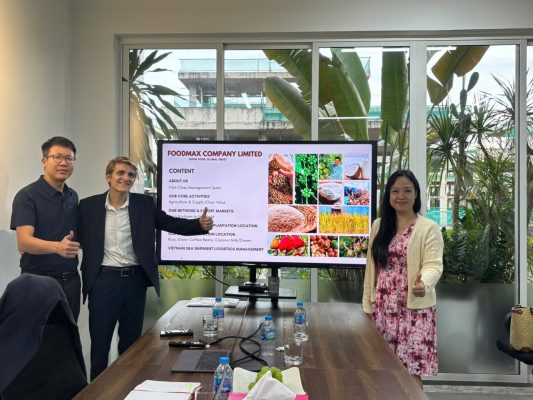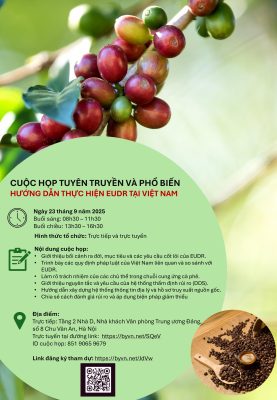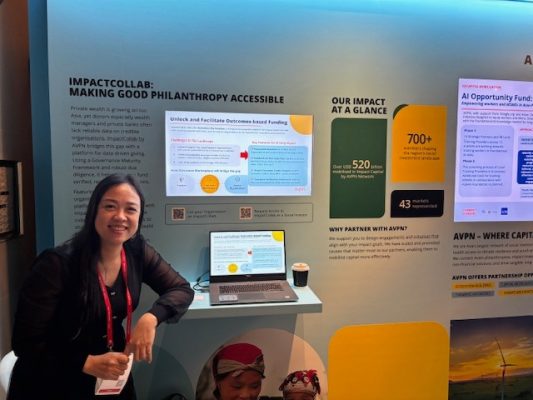Building Community Consensus Brings Economic Benefits

The project, in collaboration with the Commune People’s Committee and village leaders, mobilized local residents to sign a collective agreement to harvest cardamom at the appropriate time and implemented measures to prevent cardamom theft. As a result, the cardamom yield in the following year increased by 20% compared to previous years. The quality of the cardamom also improved thanks to timely harvesting, leading to a uniform 15-20% increase in selling prices for all cardamom producing households.
The project: “Empowering women through community based efforts, Sa Pa district, Lao Cai province”, was implemented from 2011 to 2014. The project was funded by ICCO and implemented by the Vietnam Rural Industries Research and Development Institute (VIRI).
During the project implementation, VIRI and the Sa Pa Women’s Union established cardamom groups composed of H’mong ethnic minority members in San Sa Ho Commune. VIRI provided training to the cardamom groups on sustainable cultivation, care, harvesting techniques, efficient cardamom drying methods, and how to utilize the cardamom stalks (which was previously discarded) for essential oil extraction. Importantly, village regulations on cardamom harvesting were also developed to strengthen bargaining power with traders.
Previously, local residents harvested cardamom prematurely due to the urgent need for daily expenses or fear of theft. Immature cardamom sold for low prices and was often undervalued by traders due to inconsistent quality. The project, in collaboration with the Commune People’s Committee and village leaders, mobilized local residents to sign a collective agreement to harvest cardamom at the appropriate time and implemented measures to prevent cardamom theft. As a result, the cardamom yield in the following year increased by 20% compared to previous years. The quality of the cardamom also improved thanks to timely harvesting, leading to a uniform 15-20% increase in selling prices for all cardamom producing households.
These activities had positive impacts on participants’ lives, including: enhanced awareness of sustainable harvesting, increased income from higher yields, better quality and selling prices, and additional income from essential oil extracted from cardamom stalks which was previously unused. Notably, the village regulation empowered local people in price negotiations with traders, protected them from price suppression, enabled better timing of harvests, increased income, and generated more positive effects on the environment and the community.




